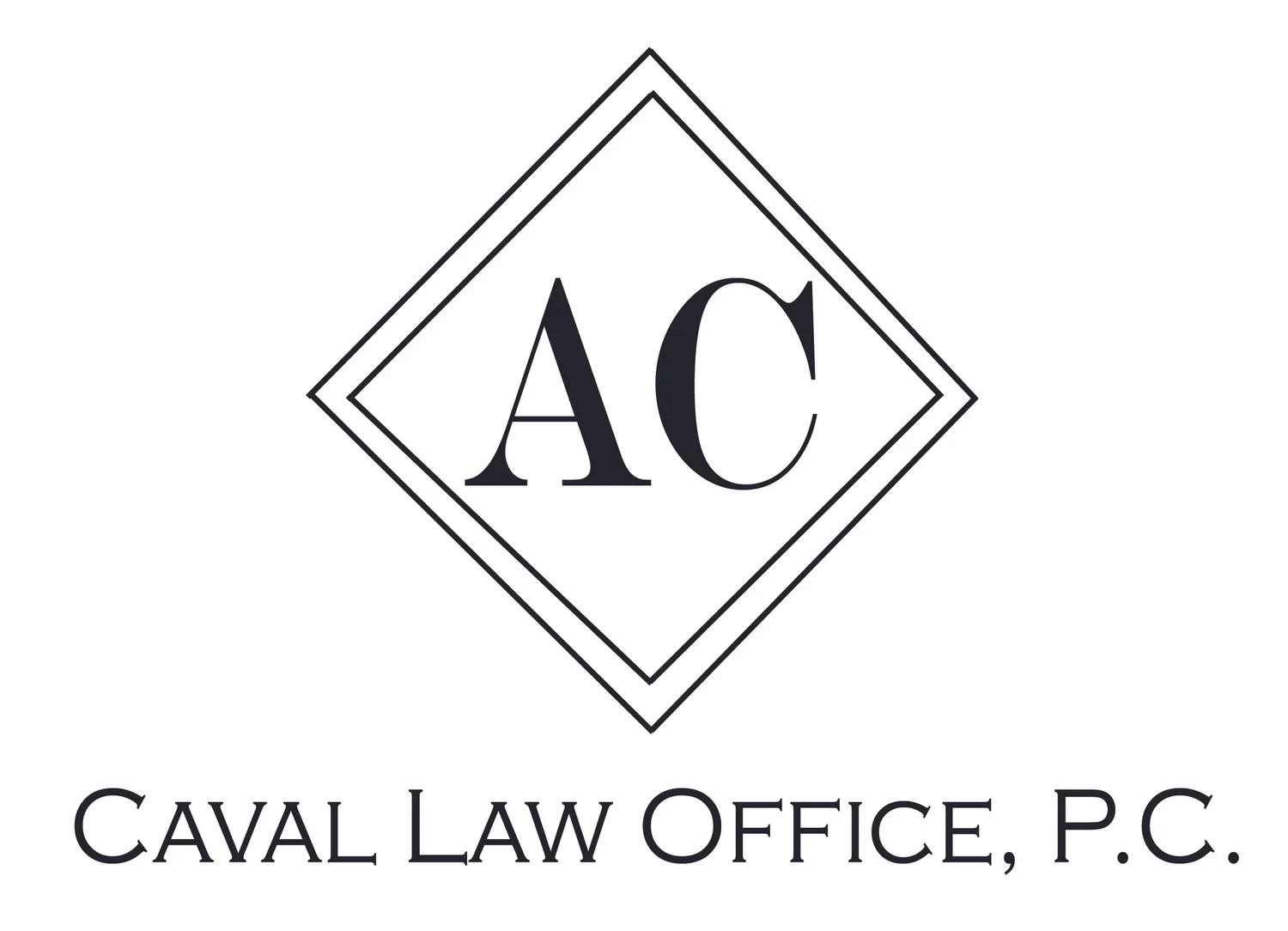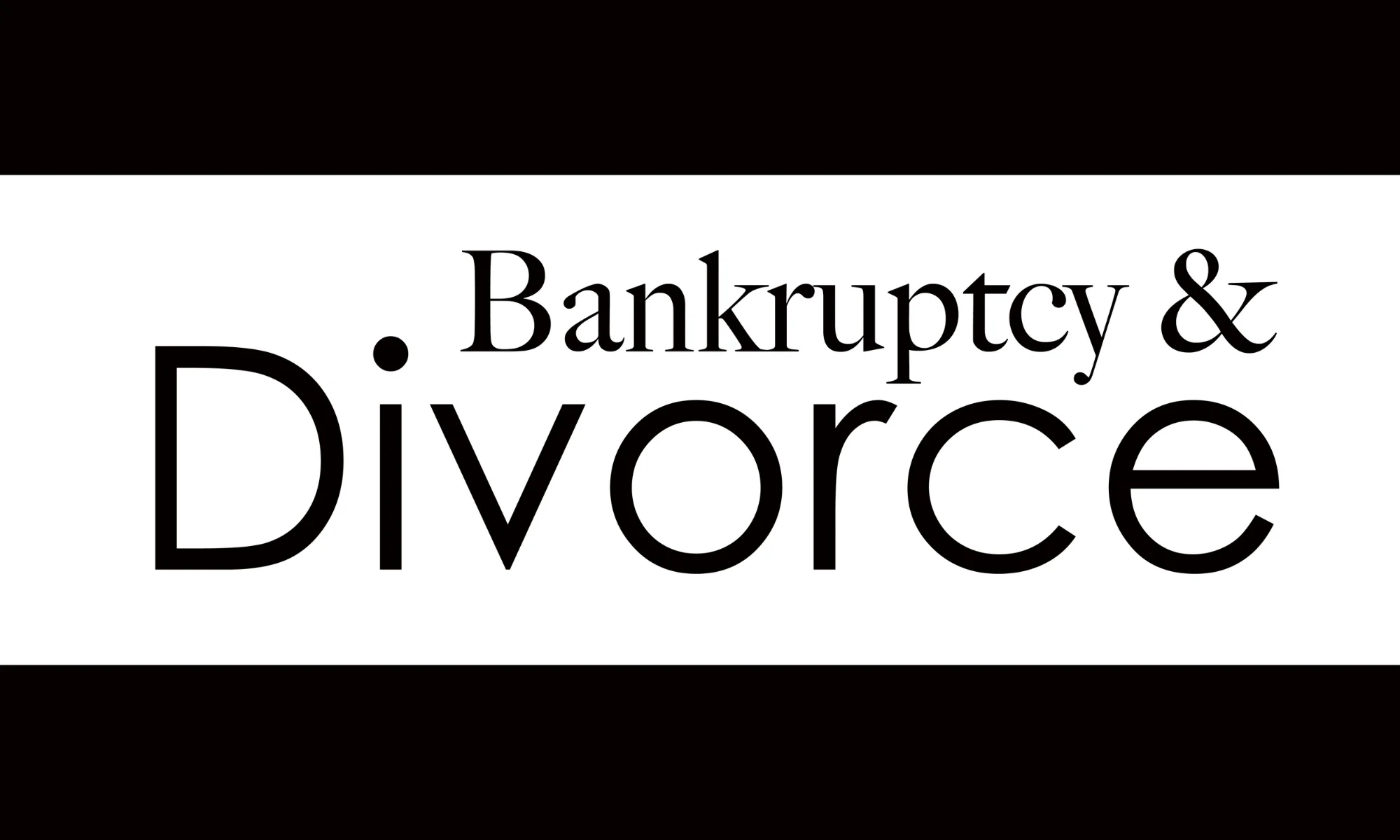Bankruptcy & Divorce
Divorce is one of the top-five reasons that cause an individual to file for debt relief; it is estimated that divorce contributes to approximately 8% of the total bankruptcy filings in the country. Since bankruptcy and divorce often go hand-in-hand, clients often wonder whether it’s better to file for bankruptcy relief before or after a divorce. Below are some things to consider when determining if it makes sense to file for bankruptcy relief before or after a divorce.
How Do Bankruptcy & Divorce Affect Each Other?
Bankruptcy takes precedence over a divorce proceeding. Filing for bankruptcy relief triggers the automatic stay which prevents state courts from issuing any judgments on the division or allocation of marital assets and liabilities. There’s also no real effective way to do both a divorce and a bankruptcy at the same time. Bankruptcy will also affect the debts and assets that the divorce court will divide of after the conclusion of the bankruptcy case. Similarly, bankruptcy treats income differently depending on whether a person is married, separated, or divorced when the case is filed and that marital status depends on a divorce proceeding. In short, bankruptcy and divorce can significantly impact each other.
Why File Bankruptcy First?
One might consider filing bankruptcy first if you and your spouse are on good terms. Filing for bankruptcy first allows you to deal with all debts under the umbrella of one bankruptcy case. Filing together lets you wipe out joint debts and it allows you to maximize exemptions. In community property states like Idaho, when an individual files for bankruptcy relief then that bankruptcy also include the individual’s community property and debts. Filing jointly allows you to maximize exemptions and protect the maximum equity in the assets. Filing together also helps you deal with contracts that both of you no longer want – like expensive vehicle loans or mortgages on underwater homes – which can greatly simply your subsequent divorce case.
Filing bankruptcy first works best if both you and your spouse qualify for a chapter 7 bankruptcy because you both get your discharge in approximately 90 days from the date of filing and it can eliminate a lot of debt that you would otherwise be fighting about in the divorce.
However, if you or your spouse need to file a chapter 13 case then you are both responsible for making that payment and you may find that dividing assets by sale becomes a complicated process that requires court approval. A chapter 13 case also lasts anywhere from three to five years and that can be a long time commitment.
Once the bankruptcy is completed then the divorce will proceed normally.
Why File for Divorce First?
If your joint income is too high to file for a chapter 7 bankruptcy then it makes sense to file the divorce proceeding first. This is particularly helpful if you earn significantly less income than your spouse because after the divorce you would qualify for a chapter 7 case and avoid a chapter 13 repayment payment. Sometimes, both spouses may qualify for a chapter 7 bankruptcy individually after a divorce where they wouldn’t qualify if they filed before the divorce. A divorce decree that divides property is given deference in the bankruptcy proceeding. It becomes more difficult for bankruptcy trustee to challenge the transfer of title to the spouse when that transfer is a result of a divorce decree.
Lastly, divorce frequently results in support payments (child support or spousal support) which can impact your bankruptcy case. If you owe a lot of support then you need to know the amount before you file for bankruptcy relief so you can determine how it affects your bankruptcy. Your attorney needs to know how much income you actually have available in order to properly craft a repayment plan for you if you need to file a chapter 13 case on the heels of your divorce.
In summary, divorce and bankruptcy have significant impacts on each other. Additionally, each individual’s circumstances are different and it’s best to consult with an attorney about your case before selecting a course of action. Contact us today at (208) 733-2035 to set up your free initial consultation to discuss your case and find the right option for you.

